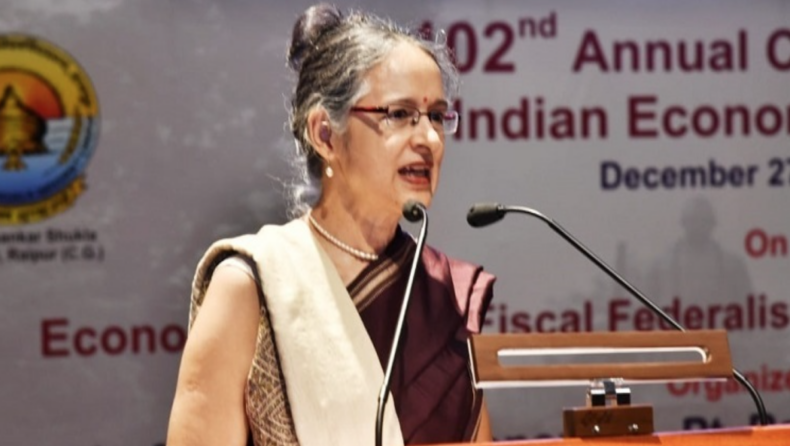Source- wikipedia
One issue that plagues us ordinarily without us in any event, acknowledging it is journalistic prejudice. We see it in the news. We see it on our #1 sitcom. We read it ordinarily in the paper. However, we truly don’t remember it when we hear it or see it. Journalistic prejudice is apparent in each part of the media, yet the issue is that we don’t for a moment even remember it when it is directly before our countenances. Are the impressions that we structure about people a result of the media? Do we shape specific conclusions about specific kinds of individuals dependent exclusively upon the things we see and hear in the media regularly without acknowledging it? The issue isn’t just that there is journalistic prejudice present, yet additionally that we can’t remember it when we see it.
What is media bias?
Journalistic spin is the propensity for the media to address various individuals with a certain goal in mind in light of their own perspectives, the perspectives of their supporters, and conceivably the perspectives on society. Journalistic spin could be glaring, however generally it is unpretentious. It very well may be communicated in the substance of TV programs. It very well may be communicated in the selections of sorts of stories that they show on the news. It tends to be communicated in the language utilized on shows, and that is written in the paper and magazines.
Journalistic spin is any generalization gone ahead by the media that depicts people to society with a particular goal in mind. Journalistic prejudice doesn”t even necessarily be a pessimistic depiction, however a greater amount of an off base depiction of individuals that helps to the obliviousness of people in the public eye. In the accompanying paper, I will give explicit occasions where journalistic spins have happened as well as show that it is a typical event that we may not understand. I will likewise show you why people accept that journalistic prejudice isn’t an issue since, supposing that you can unmitigatedly remember it, how might it be there.
Impacts of Media Bias
In friendly design, the media has an unmistakable spot to frame pictures about huge political and social issues. Media inclusion significantly affects the public when it describes the entire occasion and gives dependable data about various issues like climate, innovation and hazard. Media is considered as a strong wellspring of data and assessment for perusers through papers, magazines, TV, radio and the web. Different examinations have uncovered that the public expands their insight base about science from broad communications. Hence, investigating the unfairness and distortion of media inclusion of difficult issues is significant.
All over the planet, broad communications impact civilization and a top to bottom glance at today’s most famous structures would assuredly uncover various barefaced shameful acts in the manner TV organizations, print media, and web sites spread data. It has been seen that a large number of residents watch their TV to realize what’s going on in their environmental factors. They structure assessments on specific issues in light of information broadcast in TV or other news media.
News media networks influence the public’s advantage in legislative issues by introducing individuals what they maintain that they should see. Regardless of whether there are many issues in a campaign, the media will zero in on the one they view as the most significant, and different issues are ignored. It is notable that the public establishes a connection to what they watch in the news media.
Types of Bias: There are different types of media bias.
As a general rule, normal of types of inclination emerge when the media backing or session a specific ideological group, up-and-comer, or reasoning; notwithstanding, different kinds of predisposition exist, for example, publicizing inclination, corporate predisposition, standard inclination, sentimentality, and concision predisposition.
Emotionalism is a class of publication predisposition in broad communications where occasions and subjects in reports and pieces are over exposed to increment watchers. Sentimentality might incorporate detailing about commonly immaterial issues and occasions that don’t impact by and large civilisation, as well as biased introductions of intriguing subjects with regards to a dramatist, minor, or newspaper way.
Story Selection and Placement is another kind of journalistic prejudice. This is an example of revealing reports that cross-over with a particular plan. This sort of predisposition happens when a news source more than once reports stories that help just a single political assessment. Predisposition by determination of sources implies incorporating more sources that help one view over another. This inclination happens when a columnist uses such expressions as “specialists accept,” “spectators say,” or “a great many people accept.”













